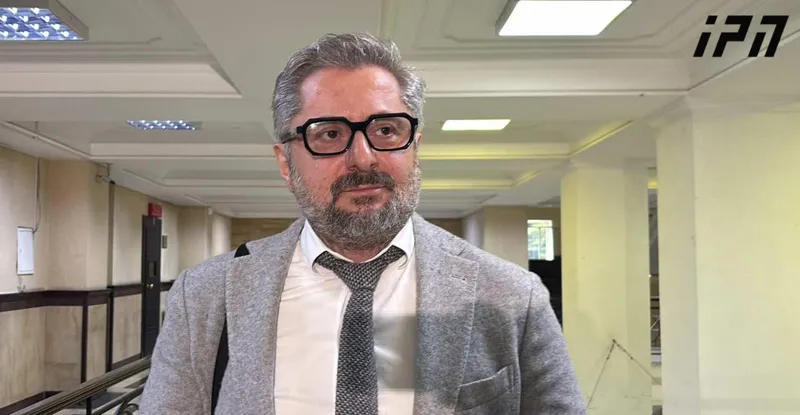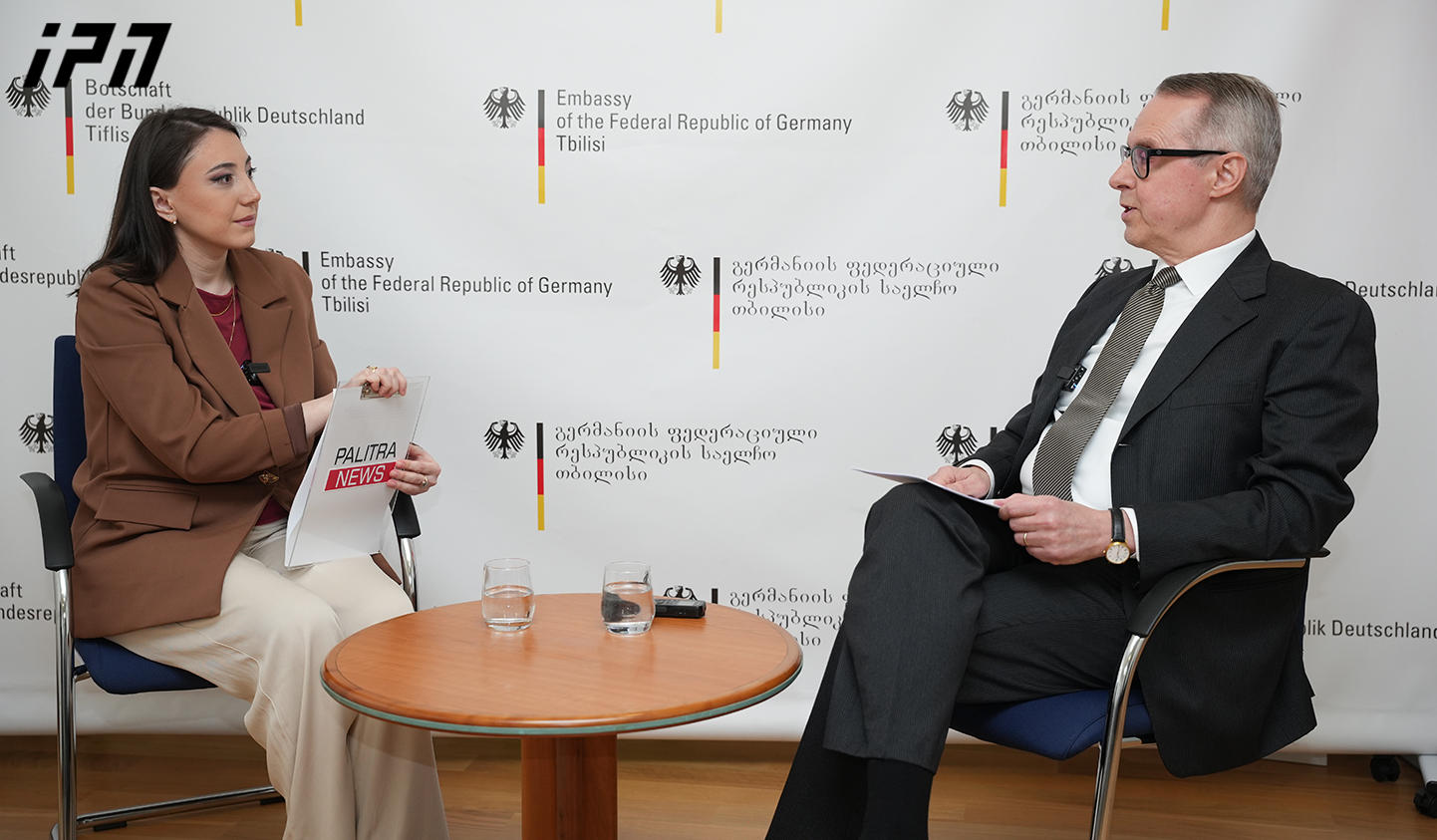Nika Gvaramia: The judge deliberating for an hour instead of a minute is already a win for us – A ruling in my favor would have meant overturning all previous decisions

“What the judge did — deliberating for an hour instead of a minute — is already a benefit and a result for us. Had he issued a ruling in favor of my motion, it would have meant that all prior decisions had to be annulled,” said Nika Gvaramia, leader of the Coalition for Change, following the conclusion of his court hearing.
According to Gvaramia, the judge's decision meant that he was unable to make a definitive ruling on the matter, and thus, delegated the decision to the judge who will handle the substantive trial.
“There are two norms that define the exact same action under the exact same title but with different sanctions — one with a lighter penalty under the Administrative Offenses Code, and the other with a harsher penalty under the Criminal Code. In any such case, criminal proceedings must be halted, and if anything proceeds, it should do so under administrative procedures. Especially since the authority to impose an administrative sanction in this case lies with the commission itself and its chairperson, Tea Tsulukiani, who, as a known enforcer, decided to bypass everything and go straight to criminal prosecution.”
Gvaramia reiterated:
“The fact that the judge took an hour instead of a minute is already a win for us. If he had ruled in favor of my motion, all previous decisions would have had to be overturned, including the rulings in the cases of Nika Melia and Zurab Japaridze. We had no illusions about that outcome. But we must understand what the judge really said: he said, I cannot make this decision — let another judge decide it. I don’t know who he’ll hand it over to, but I can tell you directly — before anyone gets the chance to pass it on, Georgian Dream will be finished, and we are completely confident in that.”
Background:
During the court session, Gvaramia and his lawyers argued that the act in question — failure to comply with the request of the Parliament’s Temporary Investigative Commission — is an administrative offense, not a criminal one. They emphasized that the same offense exists under Article 173(3) of the Administrative Offenses Code and that criminal prosecution should not have been initiated.
“When you have a choice between a lighter and a harsher punishment, why is the harsher one being chosen — especially when all doubts should be resolved in favor of the lighter one? Where did the criminal case come from? The commission has developed a practice of ignoring the Administrative Offenses Code and treating noncompliance as a more serious violation, referring the case to another body,” Gvaramia stated during the hearing.
Gvaramia is charged under Article 349 of the Criminal Code, which pertains to “Failure to comply with the request of a Parliamentary Temporary Investigative Commission.” The article carries a penalty of a fine or imprisonment for up to one year, as well as disqualification from holding office or engaging in professional activity for up to three years.
He has been assigned a 30,000 GEL bail, which he has publicly stated he does not intend to pay.
At today’s session, the case was transferred to be considered on its merits by the court.
